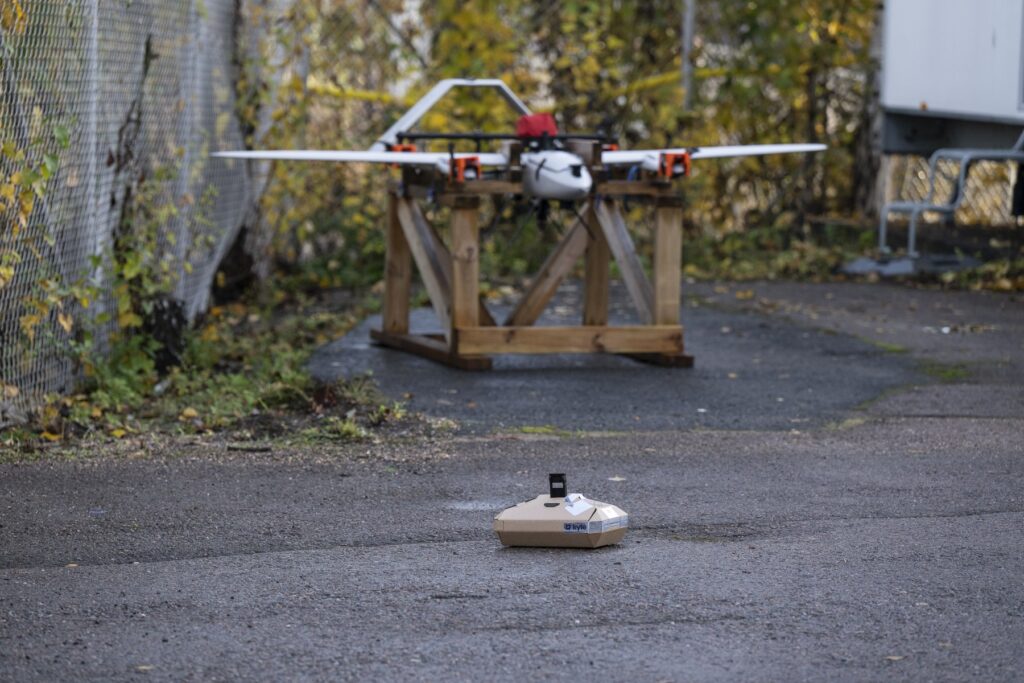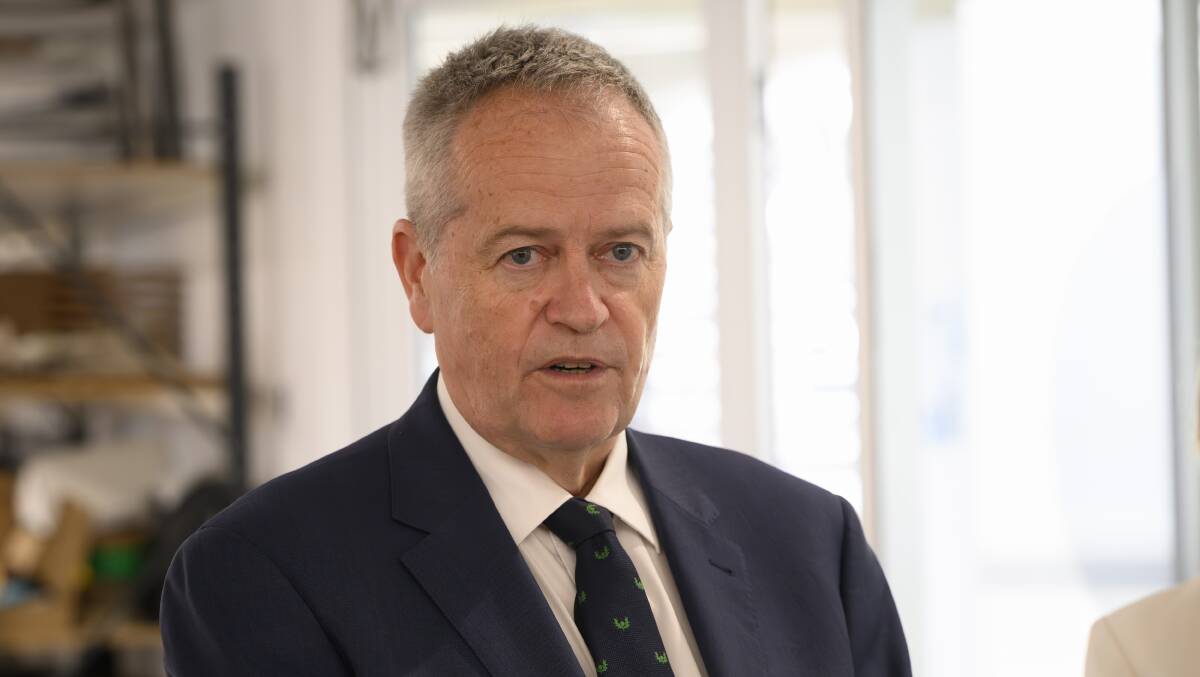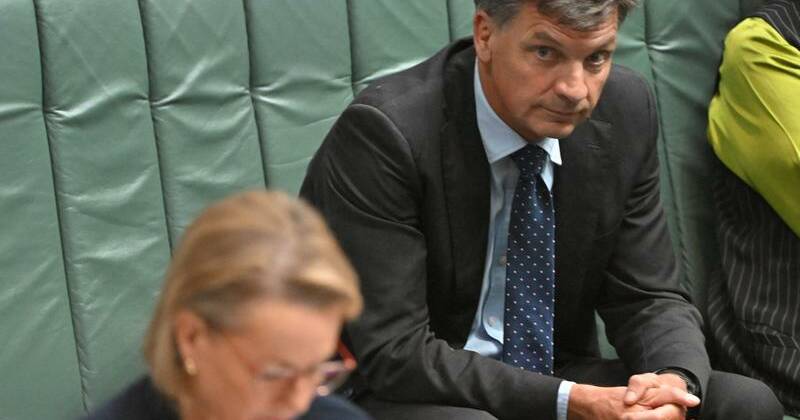
Helsinki has initiated a pioneering pilot program to utilize drones for the swift transport of medical supplies across the city. This innovative project aims to explore how uncrewed aerial vehicles can enhance logistics, particularly during regular operations and emergency situations. Funded by the European Union, the initiative is part of the broader CITYAM project, which seeks to develop a more sustainable urban transport network throughout the Baltic Sea region.
The trial will cover an approximately seven-kilometre route from Kyläsaari to the Laajasalo healthcare station. Scheduled to occur several times a day on weekdays from late October to mid-November 2025, these flights are expected to generate valuable data regarding urban drone operations. According to Renske Martijnse-Hartikka, Senior Project Manager at Forum Virium Helsinki, “Helsinki hasn’t piloted this longer distance, regular drone transportation with goods before. There is a lot of potential for the future and I am excited to see how these tests will go.”
Transforming Urban Logistics
The primary objective of these experiments is to assess the feasibility of integrating drones into city logistics, particularly for essential deliveries. This includes routine health sector supplies and rapid responses during health crises or other disruptions. City officials are optimistic about the potential of air transport to alleviate challenges faced by traditional delivery methods in densely populated areas.
Sami Aherva, Logistics Unit Director at Stara, highlighted the advantages of drone delivery, stating, “In congested and fully-built cities, making deliveries by air can streamline shipments and improve the city’s operational efficiency.” This initiative marks a significant advancement in Helsinki’s logistics planning and could pave the way for future applications.
The drones involved in the November trials are fixed-wing aircraft designed for light cargo. They operate at low altitudes and are managed by Aviant, a Norwegian company specializing in similar services across Nordic countries. The drones feature a wingspan of 2.6 meters and can carry a maximum cargo weight of three kilograms, flying at altitudes between 60 to 100 meters. Currently, they are transporting essential healthcare supplies such as masks, gloves, and disinfectants.
Ensuring Safety and Compliance
Safety and regulatory compliance are critical components of this initiative. The flights are conducted under a Beyond Visual Line of Sight (BVLOS) permit granted by the Finnish Transport and Communications Agency, known as Traficom. Although the flights are operated remotely from Oslo, ground staff in Helsinki are present to ensure the drones are adequately prepared for take-off.
The insights gained from this pilot program are crucial for establishing future logistics guidelines that can effectively adapt to exceptional circumstances. Ari Lallo, Acting Head of Transport and Logistics for the Social, Health, and Rescue Services Sector, emphasized the significance of this experiment: “We gain concrete experience with a new delivery method for goods logistics that will be significant in the future.”
The collaboration involves various stakeholders, including Stara, the Social Services, Health Care and Rescue Services Division, and Forum Virium Helsinki, all working towards enhancing urban mobility and logistics resilience.
For further details about the CITYAM project and ongoing developments, visit Forum Virium Helsinki’s official site.






